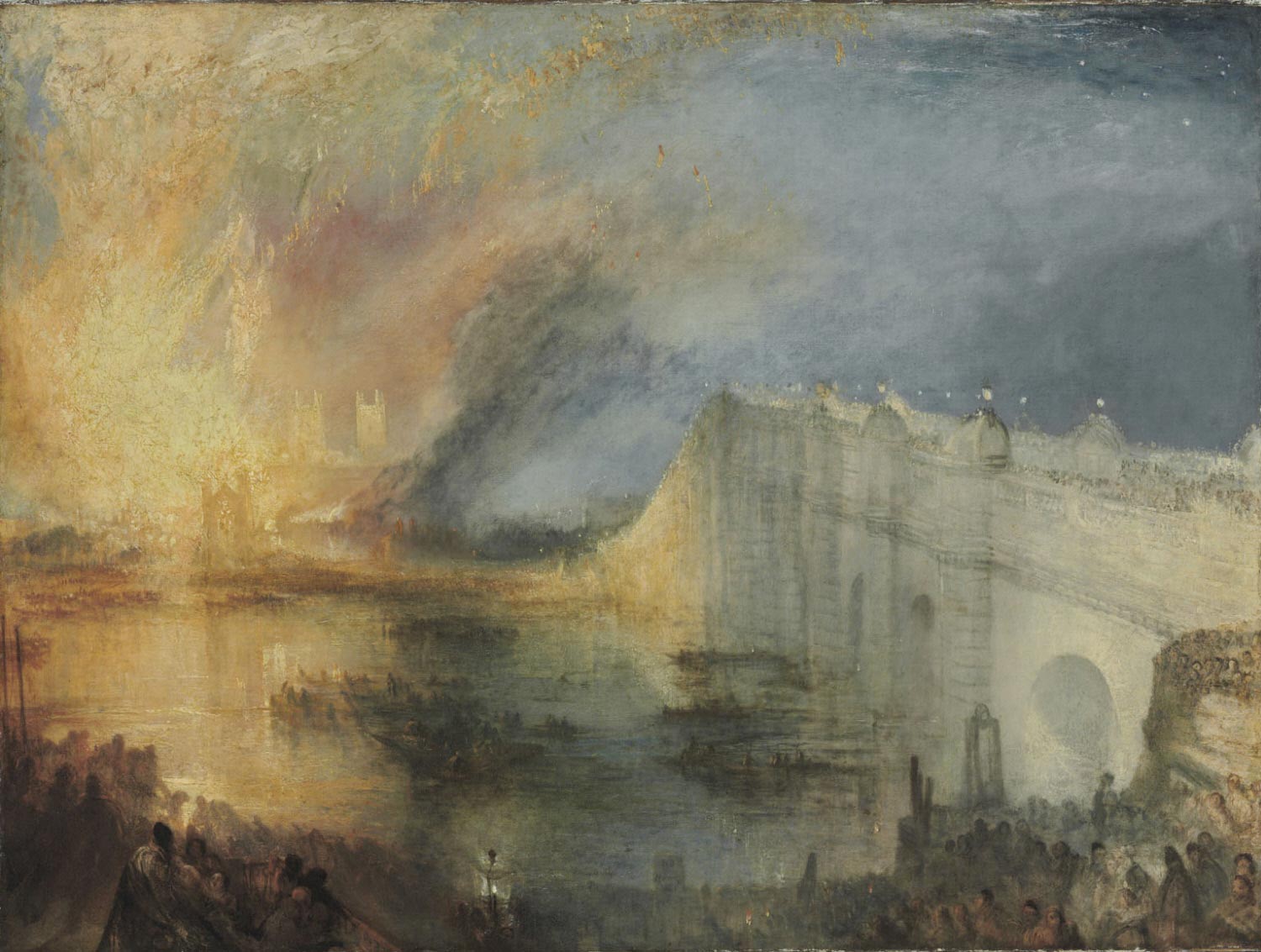This age of contested belief is fuelled in part by what we might call the 'secular myth': modern society continues to progress and advance both scientifically as new discoveries are made and technology is increasingly harnessed to solve our problems, and morally as society becomes more fair and equal. This myth suggests that as society advances, religion is culturally replaced or displaced, demoted in importance to the point of redundancy. Our institutions (well, what's left of them) increasingly become neutral ground, forming an objective, unbiased, and a-religious sphere (broadly equivalent to the French concept of laïcité).
Behind all of this is what Charles Taylor refers to subtraction stories: accounts which explain the secular as merely the subtraction of religious belief, as if the secular is what’s left over after we subtract superstition. Subtraction stories are those tales of enlightenment and progress and maturation which see the emergence of modernity as jettisoning the detritus of belief and superstition. Once upon a time, as these subtraction stories rehearse it, we believed in sprites and fairies and gods and demons. But as we became rational, and especially as we marshalled naturalist explanations for what we used to attribute to spirits and forces, the world became progressively disenchanted. Religion and belief withered with scientific exorcism of superstition. And what we have left from this is the secular, modern world, devoid of such superstition.
It's a powerful myth. It's a shame that it has little correlation with history. In his book A Secular Age, Taylor goes to great length to argue that the secular is not merely distilled, but produced and created. That we could go from a world where disbelief in God was implausible to a world where belief in God was implausible is not the leftovers of a distilled society, but the accomplishment of new accounts of reality and meaning.
However I think that it is possible to go further. Secularism is in fact the one of the greatest gifts Christendom gave to the world. That is to say, secularism is not what comes after Christendom in spite of Christendom; Christendom was the first was the creation of the secular, the first implementation of a secular age. This might be controversial to say, because Christendom and secularism seem to be diametrically opposed to each other. The enlightenment project was a self-conscious repudiation of Christian political settlement which had preceded it. But there would be no secularism without Christendom - not in the sense that one the reaction to another - but perhaps in a more classical understanding secular, Christendom creates the secular conditions. Oliver O'Donovan puts this succinctly:
Jesus has ascended in triumph to God’s right hand; yet the subdued “authorities” of this age, St. Paul held, “persist” (Romans 13:6). This, he said, was to approve good conduct and “to execute God’s wrath on the wrongdoer.” The reign of Christ in heaven left judgment as the single remaining political need. We should observe that this was an unprecedentedly lean doctrine of civil government. Judgment alone never comprised the whole of what ancient peoples, least of all the Jews, thought government was about. Paul’s conception stripped government of its representative, identity-conferring functions, and said nothing about law. He conceded, as it were, the least possible function that would account for its place within God’s plan. The secular princes of this earth, shorn of pretensions to our loyalty and worship, are left with the sole function of judging between innocent and guilty.The political-theological achievement of the Roman world in the fourth century was the recognition that the announcement 'Jesus Christ is Lord' is the announcement that he has dethroned the powers and authorities. It is this recognition which creates the secular. It is the government of the age, (knowingly or unknowingly) charged with task of judgment until creation's perfection at Jesus' return. This recognition dispels all government pretension to be the most true thing, the ultimate reality of totalitarian regimes. It dispels the possibility of theocracy, for Christ is the one Lord. According to O'Donovan again:
The most truly Christian state understands itself most thoroughly as “secular”. It makes the confession of Christ’s victory and accepts the relegation of its own authority... The essential element in the conversion of the ruling power is the change in its self-understanding and its manner of government to suit the dawning age of Christ’s own rule.Modern societies have inherited this political institution of the gospel, although they may not know it. This unintelligibly of secularism by secular states may account for the fraught socio-political situations we witness today as nations which had assumed one thing about secularism (such as its homogeneous nature) are confronted on the one hand with an increase of pluralism, and on the other different experiences of secularism around the world (secularism in India and China look different not only from each other but also from secularism within Europe or the United States).
The opportunity for the church as it negotiates with and responds to secularism will be to explain the political institutions and modes such as the secular which the modern world has assumed from ancient Christian world but does not quite know why it values them. In making the institutions of modernity intelligible to the modern world, the church will need innovative ways to announce and embody the truth of Christ's Lordship, and that the secular is no mere neutral space, but one which exists for his purposes in the world.













